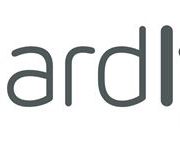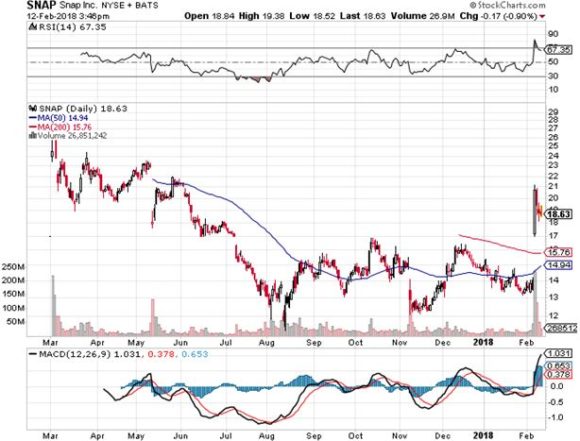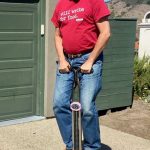The Unicorns are Out of the Corral
It was perhaps the worst timed IPO (initial public offering) of the decade.
Cardlytics (CDLX) went public at the Friday open, one of the worst days in the history of Wall Street.
The shares were priced at $13, and closed later in the day at a strong $13.33. The Dow Average then collapsed some 1,100 points in hours.
A lesser underwriter would have delayed the issue, given the dark stormclouds building on the horizon. Not so for JP Morgan Chase, which had heavily presold the deal, and went ahead, come hell or high water.
Cardlytics is a data platform that specializes in the collecting purchase and transaction data from financial institutions and converting the data into highly targeted marketing offers.
Cardlytics' flagship offering is called Cardlytics Direct - advertisements to customers that are placed directly in their banks' webpages and mobile apps in the form of "cash back" offers that most are familiar with.
Firms that purchase intelligence data from Cardlytics can target ads to customers who are most likely to respond.
A major part of the appeal of Cardlytics was its use of artificial intelligence in matching the buyers and sellers of ads.
AI is the hottest investment theme in Silicon Valley these days. However, there are very few public companies that allow investors a pure, or even peripheral AI play.
The Cardlytics IPO raises the urgent question of whether there are more unicorns to come. Unlike past market and economic cycles, unicorns, or successful companies still in the private startup stage, are delaying public filings longer than at any other times in the past.
Managers say they want to mature their companies and delay the high legal and regulatory costs that come with going public. The REAL reason is that founders want to milk their firms for all they're worth and sell them only after they go ex-growth.
The end result has been to create a shortage of high tech firms with the most cutting-edge technologies. This has caused investors to price the few public firms that are out there at even higher valuations.
Music streaming service Spotify is thought to be next in the IPO parade, followed by cloud firm Dropbox, followed by AirBnB and the $70 billion mammoth, Uber.
In the nine months ending in September, Cardlytics lost $16 million on sales of $91 million.
Cardlytics has raised more than $200 million in venture funding from ITC Holding Co. LLC, Kinetic Ventures, Canaan Partners, Polaris Venture Partners and TTV Capital, which are all cashing big paychecks today.
Given the recent performance of small tech IPO's, I'll be holding back on sending out a "BUY" recommendation on (CDLX) at this time.
Traders are still too freshly burned from their 2017 experience with SNAP (SNAP) (for more on this unfortunate company, please read the Mad Hedge Technology Letter piece "Don't Fall Into the SNAP Trap" by clicking here for tech letter subscribers only.
SNAP launched in March at $17, and then soared 44% on the first day to $29. It then collapsed to a low of $11.40, off a heartbreaking 60.68%. It was a classic case of investment banker incompetence, greed, and mispricing.
Once burned, twice forewarned, as they say.




